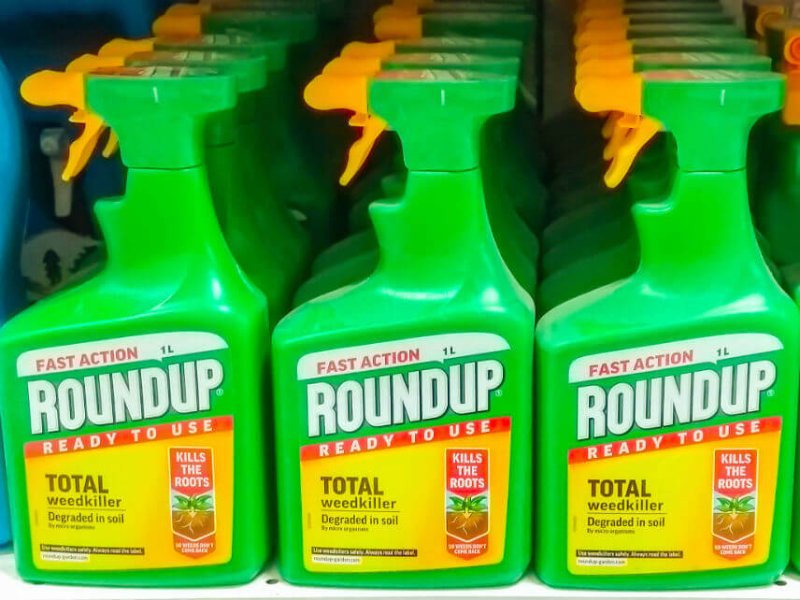Does Bayer’s weed killer Roundup (glyphosate) cause cancer? Three California juries have said yes, while a global consensus of experts says there is no evidence to suggest that glyphosate is carcinogenic. This discrepancy has ignited an intense debate over whether juries should be tasked with answering complicated scientific questions that researchers spend their entire careers studying.

On this episode of Biotech Facts and Fallacies, cancer epidemiologist Geoffrey Kabat returns to explain why courtrooms are no place to determine if pesticides cause cancer. Not only do judges, lawyers and juries lack the proper knowledge to answer such questions, Kabat says, but high-stakes lawsuits with entrenched interests on either side of argument inevitably encourage emotional reactions, not reasoned scientific judgement.
[Editor’s note: Listen to Part 1 of the GLP’s interview with Geoffrey Kabat: Podcast: Glyphosate, cancer and clickbait: Epidemiologist Geoffrey Kabat on how to spot junk science in the news]
Kabat also dives deeper into the science behind the International Agency for Research on Cancer’s (IARC) “probably carcinogenic” finding for glyphosate, giving special attention to the massive Agricultural Health Study that IARC chose to exclude from its monograph.
Podcast: Play in new window | Download
Subscribe: RSS
Geoffrey Kabat is a cancer epidemiologist and the author of Hyping Health Risks: Environmental Hazards in Daily Life and the Science of Epidemiology and Getting Risk Right: Understanding the Science of Elusive Health Risks. He is a GLP board member. Follow him on Twitter @GeoKabat
Cameron J. English is the GLP’s senior agricultural genetics and special projects editor. Follow him on Twitter @camjenglish
The GLP’s Biotech Facts and Fallacies podcast is produced by Sauce Auxiliary and available for subscription on iTunes and Spotify.
































